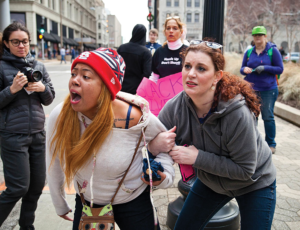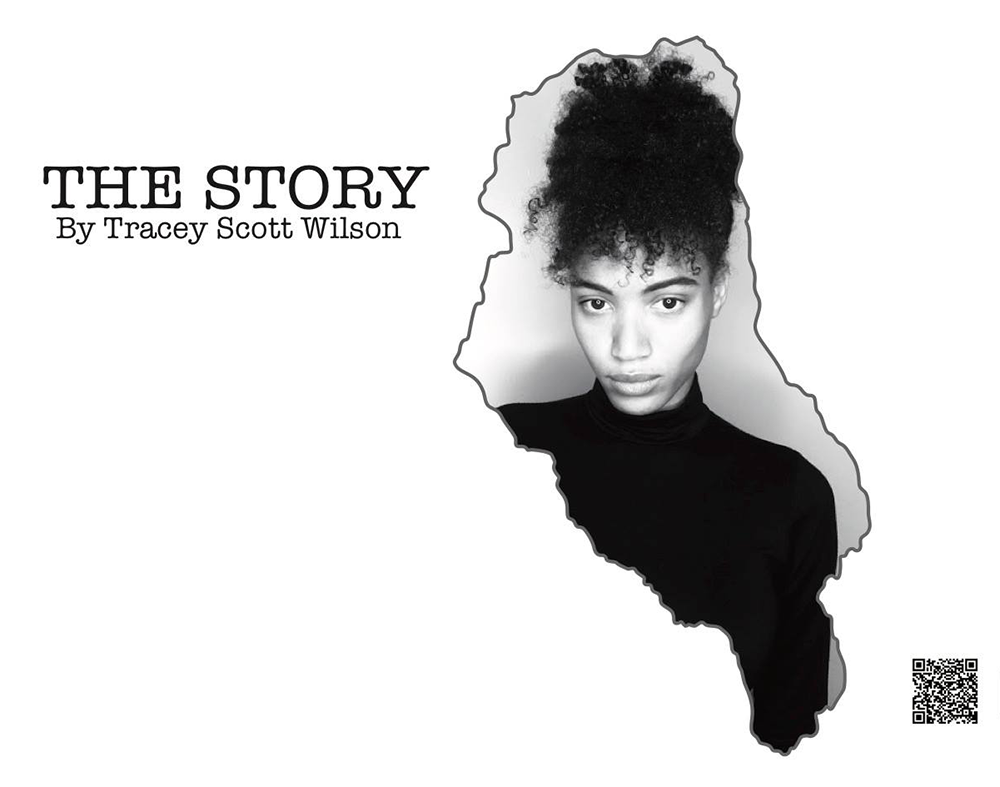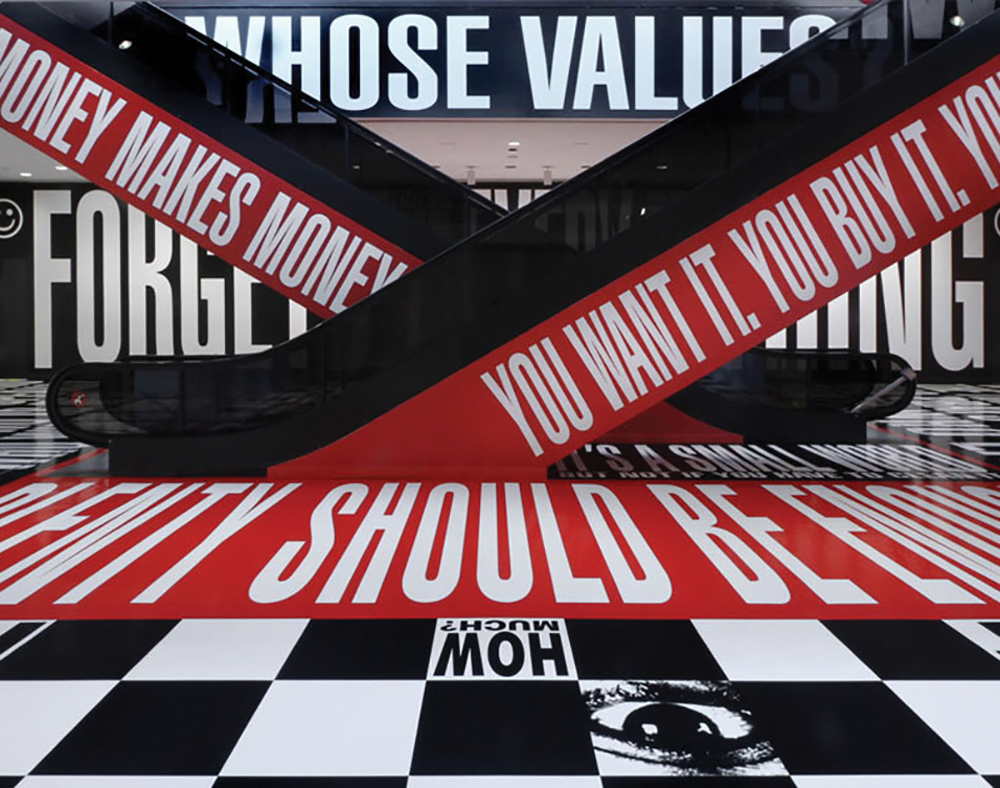The United States is home to millions of people with distinct identities and rich stories to tell. Unfortunately, these stories are sometimes lost in translation; it can be difficult to understand the perspectives of people with such distinctly different backgrounds.
But film has the power to foster an understanding of a diverse range of perspectives. Film culture also helps us realize how much work is left in granting access to voices that remain underrepresented.
SYSTEMIC PROBLEMS IN HOLLYWOOD
According to Caitlin Benson-Allot, associate professor in the film and media studies program at Georgetown University, the film industry has historically been exclusive in deciding which films enter the mainstream.
“A lot of studies have been done of the film industry and television industry that systematically show that the decks are still stacked against women filmmakers and filmmakers of color and queer filmmakers, and in a different way, filmmakers of working-class backgrounds,” she said. “Access to the industry is still being policed by systems of privilege.”
As we examine the political motivations behind Hollywood films, it is also important to acknowledge internal problems within the film industry.
“There’s the external politics to which Hollywood involves itself and then there’s the politics of Hollywood itself,” said Bernard Cook, associate dean and director of the film and media studies program.
Those with the means to finance films ultimately get to decide who gets represented in the film industry, said Benson-Allot.
“Usually you see that a filmmaker who’s coming from outside the mainstream, from outside the studio system, has one big breakout, and then they get picked up for a multipicture deal with one of the studio,” Benson-Allot said. “That kind of support, that kind of future-looking promise of financial backing is rarely extended to filmmakers of color the way that it is to white filmmakers.”
One needs only to look to the career of the filmmaker Spike Lee to see how systems of privilege have impacted those trying to sustain a voice without the traditional support of the industry behind them. According to Benson-Allot, despite his films like “Malcolm X,” “Do the Right Thing” and “She’s Gotta Have It” having impressive cultural impact, Lee has still had to resort to crowdsourcing campaigns to fund his films. In 2013, the filmmaker launched a Kickstarter to raise funds for a cinematic project, “Da Sweet Blood of Jesus,” a horror thriller released in 2014.
CONFRONTING RACE RELATIONS THROUGH FILM
Making a powerful statement about race in society this year was Jordan Peele’s horror film, “Get Out.” The film tells the story of a white family who captures and enslaves young black men, and focuses on the experiences of a black man dating the daughter of the family.

“Horror movies have a really long history of reflecting on contemporaneous political and social concerns. It’s one of the hallmarks of the genre.” Benson-Allot said. “One of the things that ‘Get Out’ did so well was that it demonstrated Jordan Peele’s knowledge and command of the genre, but then used the genre to do something that was not unprecedented, but really new and spectacular.”
“Get Out” takes on the horrors hiding in the suburbs – which is a recurring thread in the horror genre – but Peele’s film conveys a very different message than those of his peers.
“What’s really important for me is that ‘It Follows’ and ‘Nightmare On Elm Street’ are made by white filmmakers for white audiences, for suburban audiences,” Benson-Allot said. “What Peele is hitting you with is, ‘Yes, in fact, there really is danger in the suburbs for African American men.”
In the wake of tragedies like the deaths of Trayvon Martin and several other young black men in the United States in the past decade, Peele’s depiction of the dangers of being black in the white suburbs is particularly resonant.
“[Peele] showed so much careful attention to creating this fictional world and immersing you in it. But I think it also gives you this sense of being this character or being a person, a minority in this unsafe culture,” Benson-Allot said. “This society was not set up to sustain them. You can really say that’s true of mainstream American culture still to this day.”
Not only do fiction films have the power to speak to the political climate of a nation, but documentaries do as well. Cook cites a documentary released in August called “Whose Streets?” that depicts the events in Ferguson, Mo., after the killing of Michael Brown.
“What documentary can do, and I think must do, is challenge dominant, mass-produced perspectives.

‘Whose Streets?’ conveys the perspectives of members of the Ferguson community as they were trying to respond to the killing.” Cook said. “‘Whose Streets?’ argues that black lives matter by centering black perspectives and experiences, especially experiences of oppression in America.”
CHALLENGING INDUSTRY NORMS
Despite the critical and commercial success of movies like “Get Out,” Hollywood still has a lot of work to do in order to open up its resources to more voices, Benson-Allot said.
“When you think about the early 90s and the work of the Hughes brothers and John Singleton, and it really looked like between 1991 and 1993 that Hollywood was changing and it was going to incorporate more voices, more African American filmmakers into its circle,” Benson-Allot said. “But that turned out to be a cycle that was quickly shut down.”
Over the years, films have often taken multifaceted approaches to serious social and political issues.
“Films have multiple contexts,” Cook, who has researched Vietnam War films, said. “We’re talking about a cycle of films that were made in the ‘80s through the ‘90s, so at that point, sure, they’re about Vietnam, but they’re just as much about the Reagan presidency, political battles in the country and other issues.”
But there is some hope for potential changes in the film industry.
“One of those changes is opening up [the film industry’s] resources to people that will be critical of its past,” Benson-Allott said.
Audiences, too, can play a role in moving the industry forward. The films audiences choose to watch on streaming services can even shape their perceptions of different communities and narratives in the United States.
“Now that we have all of these streaming services, there is the capacity to find the voices that you want to hear instead of just accepting the voices that are screaming the loudest,” Benson-Allot said. “If you want Hollywood to change, all you have to do is spend your money elsewhere.”




















